Sandra Gewehr, the woman who fights mosquitoes: “Greece is at the epicenter of the West Nile virus
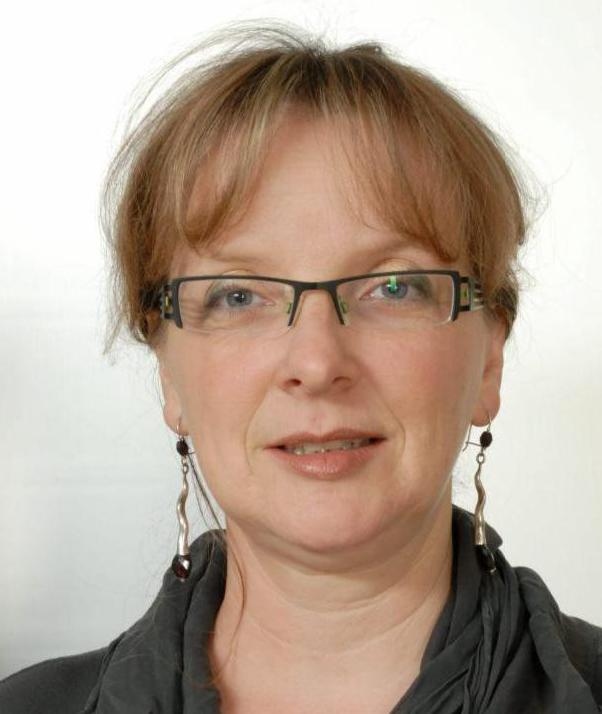
Sandra Gewehr, the woman who fights mosquitoes: “Greece is at the epicenter of the West Nile virus, but remote sensing acts as a catalyst for the detection and the control of mosquitoes”
Outbreaks of diseases transmitted by mosquitoes is observed all over the world and particularly in Europe, and this is due to globalization and the climate crisis. Insects transmit diseases such as malaria and dengue, whose prevalence has increased over the past 30 years as global warming has produced warmer and wetter conditions, researchers conclude. Remote sensing is proving to be an ally in dealing with this threat to public health.
Sandra Gewehr is a biologist who has been working in Ecodevelopment since 1998 and is responsible for Public Health issues related to mosquitoes. She heads the company’s Research and Development department, and she is also the President of the EMCA (European Mosquito Control Association). On Tuesday July 9, 2024, Sandra Gewehr participated in the session “Artificial Intelligence and Earth Observation Technologies Aid Decision Making in Wide Area Mosquito Control Projects” during the 44th Annual “International Geoscience and Remote Sensing Symposium – IGARSS 2024″ of the IEEE Geoscience and Remote Sensing Society.
Ms. Gewehr, we are at IGARSS 2024, a conference about finding ways to address climate change through science, technology, and policy. Tell us about what you do in this respect.
As Director of Research and Development in Ecodevelopment, a company specialized in mosquito control and as President of the European Mosquito Control Association (EMCA), I am strongly concerned with dealing with the consequences of climate change on mosquitoes. One of the most important consequences of climate change is the impact on the ecology and the distribution of mosquitoes and the diseases they transmit. This is because the rise in temperature allows mosquitoes to travel further north and additionally summer rainfall – you know that there are no mosquitoes without water – favor their development. Also, globalization contributes, as it makes it easier for people to travel. Our field is to see how we can make good use of the observational sciences to predict mosquito-borne diseases. This is done as part of the European Innovation Council’s first prize-winning EYWA system – Early Warning System for Mosquito Born Diseases (EWS for Mosquito Born Diseases). It is a system that predicts mosquito abundance in nearly real time, and it also predicts the outbreaks of mosquito-borne diseases, such as West Nile virus.
Ever since observation and remote sensing entered our industry, many of our everyday tasks have been made easier. Mapping is one example. The ability, that is, to locate surface water under the vegetation, which is favorable for the development of mosquitoes. This gives us the opportunity to move from research to practice. And by practice, we mean control. So, we control mosquitoes in two ways. One would be in the water as larvae through larviciding and the other at the adult stage with adulticiding treatments. Remote sensing helps in both, the detection and the treatment, in space and time, of mosquito breeding sites. We have daily weekly and monthly forecasts and we can now monitor 42,000 mosquito breeding sites (e.g. in streams, canals, wetlands etc.) in Central Macedonia we can predict if there will be mosquitoes in these breeding sites. Also, we provide an open application for mobile device, called “Mosquito Vision”, which is very useful for the general public. Mosquito Vision predicts the presence of adult mosquitoes in 2500 villages in four regions of Greece on a daily basis.
What technological innovations and how do they help your work?
Predictive models need data. How are models developed? In addition to the data coming from the remote sensing of the earth, which is freely accessible, there is also the field data, which gives us the actual mosquito populations. This data need a lot of effort. There are new technologies that Internet of Things (IoT) networking provides. With remote sensing we can detect a lot, but not everything. That is, if there is water under the vegetation, it is very difficult for the optical satellite to “catch” it, because when there is cloud cover the optical satellites cannot “see”. In this case we also use radar imagery. In parallel, we work with IoT in a pilot and with water sensors that we put in the field and that give us information when water enters an area. So, the combination of satellite data with sensors will help us to locate in space and time when and where there is water and therefore the probability for the development of mosquitoes.
And don’t forget that our job is not only to observe them, but mainly to kill them. In this context, applications are made also by aerial means, i.e. for large areas helicopters are used and for medium ones we now use drones. Drones also give us the possibility of both, remote sensing and mapping, as well as spraying. In Greece we are actually quite advanced because we are at the epicenter of the West Nile virus. Unfortunately, our country, together with Italy, holds the first positions in the occurrence of West Nile virus cases. We have had also cases of malaria in the past which were successfully dealt with by the country’s public health services in conjunction with mosquito control. And of course, West Nile virus cases also exist in other Mediterranean countries, while they have been recorded in Germany as well.
You research and develop solutions, but society does not know it. Would it help if society was more informed?
Resilience to climate change in terms of mosquito-borne diseases is influenced by many factors. Public interventions do have limits. The tiger mosquito, for example, breeds primarily where the public has no access, that is, in our private space. That is why it is important for citizens to get involved. There are protective measures that the citizen can take to prevent the development of mosquitoes, for example covering the cesspools or not keeping water in the pot saucers. It is important that people know this so that they can contribute to protection. The last measure of course is personal protection. Zero mosquito is not possible so we must always take personal protection measures in order not to be exposed to the risk.
The source of the above interview is IGARSS 2024 Symposium
Διαβάστε όλες τις τελευταίες Ειδήσεις από την Ελλάδα και τον Κόσμο







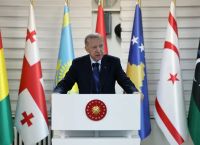

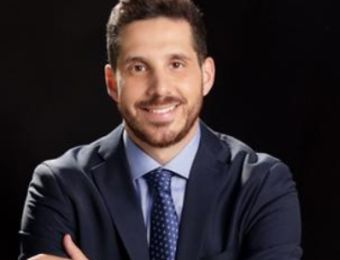


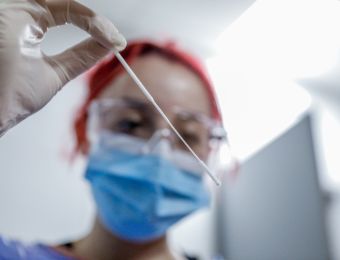
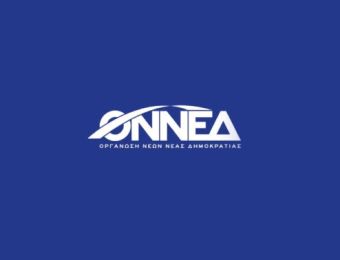

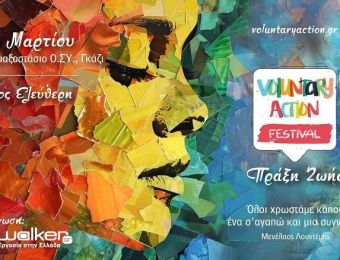


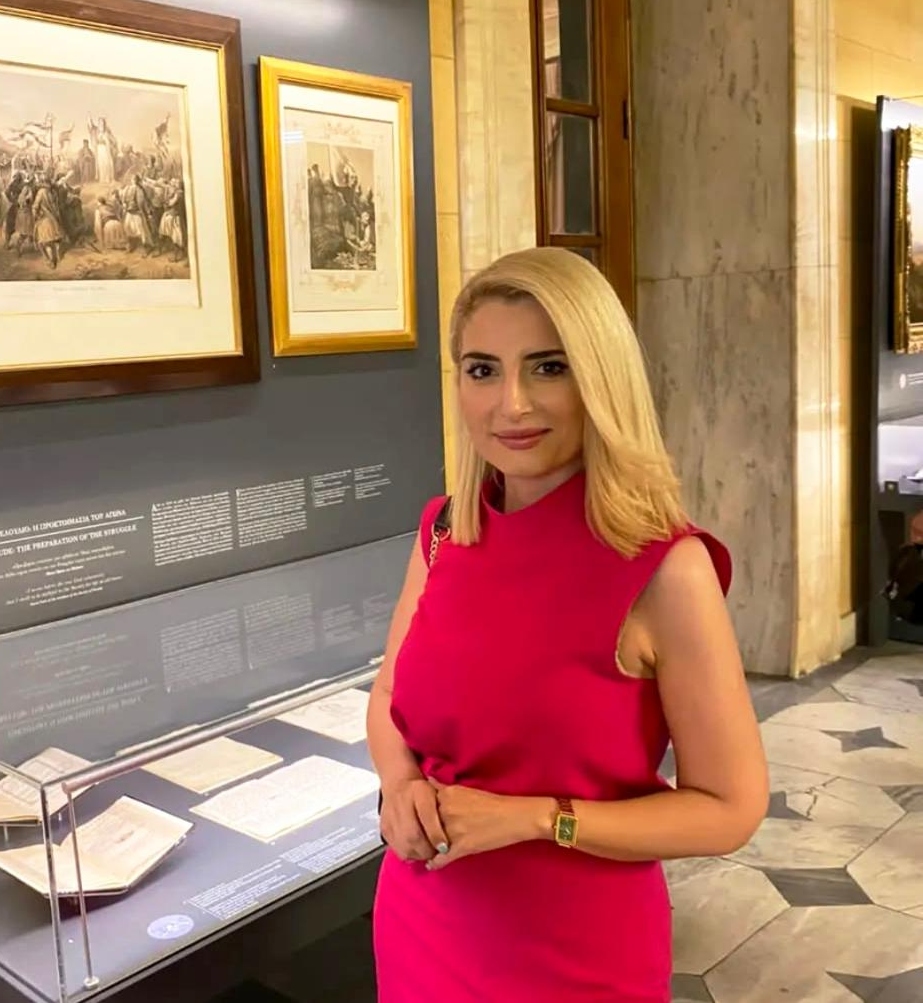


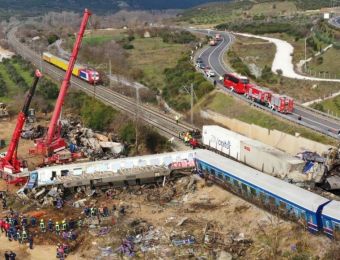
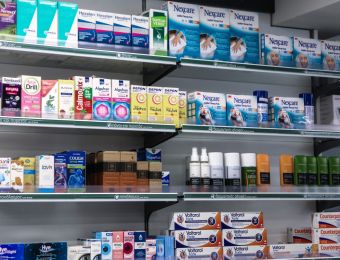
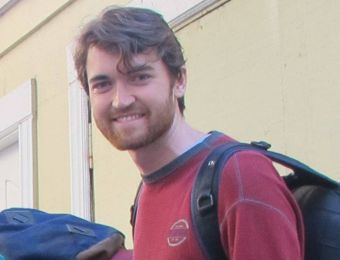







Το σχόλιο σας